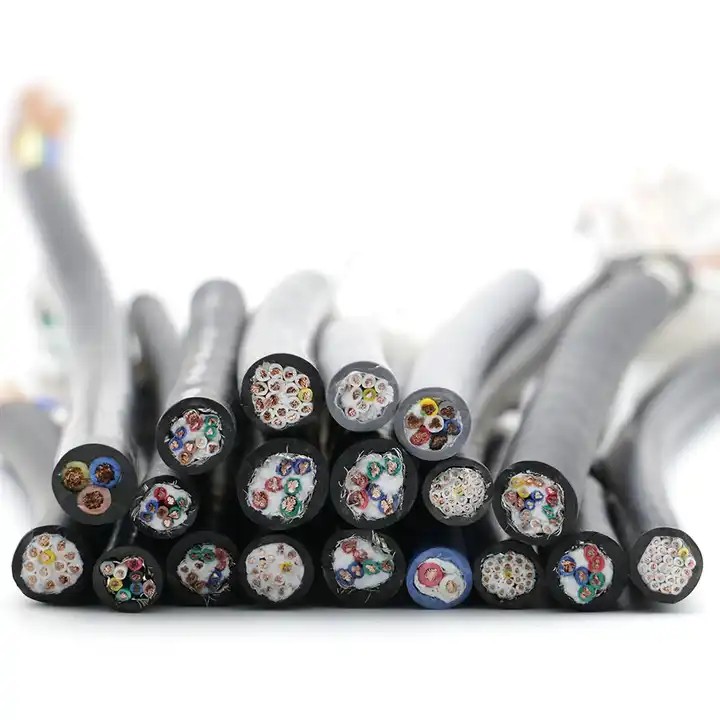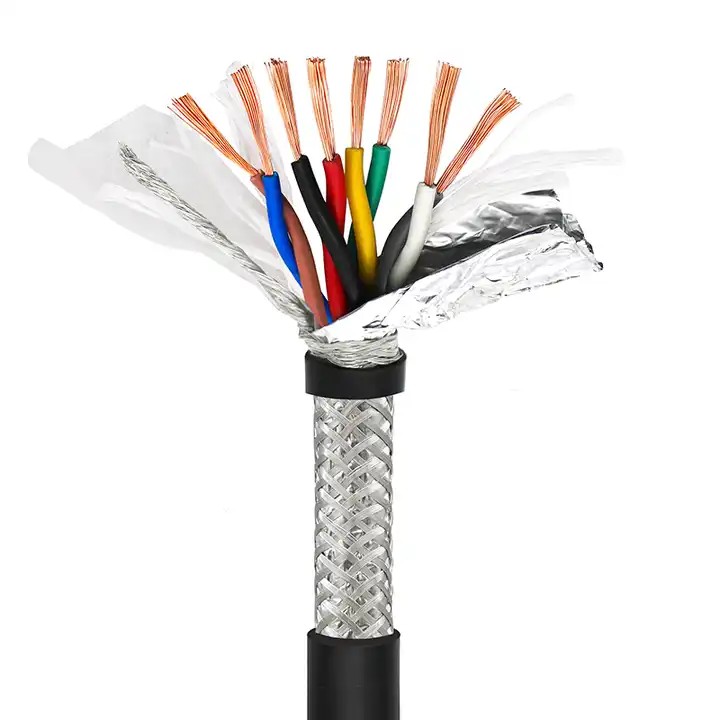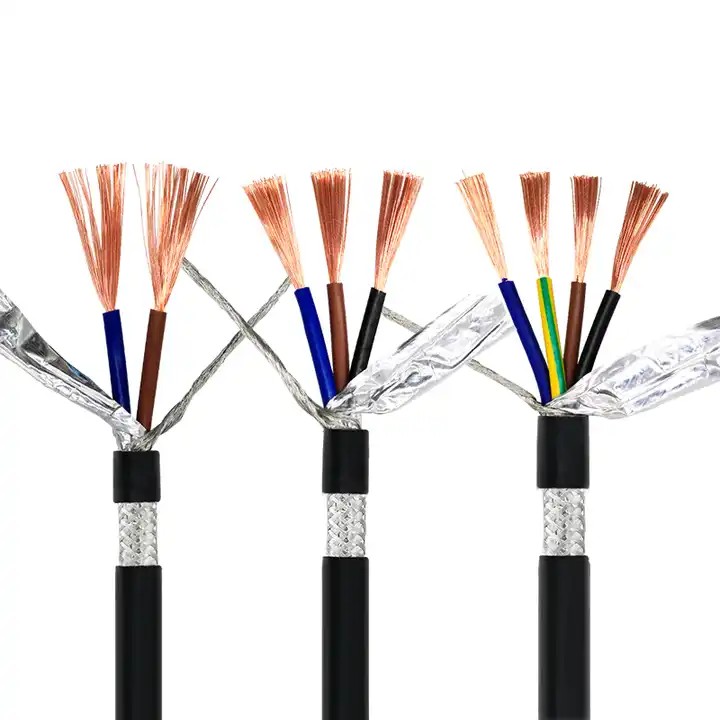Why Are Durable High Voltage Cables Critical for EV Maintenance?
Published:
2025-09-18 16:57:39
Durable high voltage cables ensure EV maintenance safety. Learn why high voltage cables matter for EV reliability.
Electric vehicles (EVs) depend on safe, durable, and reliable wiring. Among these, high voltage cables play a central role in both operation and maintenance. These cables ensure stable current transfer, protect systems against overheating, and improve long-term reliability. In the context of EV service, durable cables are not just components but critical safeguards for mechanics, drivers, and vehicles. Their role is as important as lead-free compliance is in electronics—without them, performance and safety collapse.
For businesses and technicians, understanding why automotive high voltage cables matter helps ensure safer repairs and smoother maintenance schedules.
High Voltage Cable Safety Challenges in EV Maintenance
Risk of Electrical Hazards
When EVs enter workshops, technicians face serious risks from exposed or faulty wiring. Without durable high voltage cables, maintenance becomes dangerous. Small cracks, insulation failures, or poor shielding may cause arc flashes. This risk increases as EV adoption grows.
Heat and Load Stress During Operations
Electric vehicles operate under high currents, especially during fast charging or heavy loads. If cables degrade, maintenance teams face repeated replacements. This increases downtime and cost. Durable EV cables withstand thermal stress better, making service intervals longer and safer.
Complex EV System Integration
Modern EVs integrate batteries, controllers, and inverters through dense wiring. Poor quality cables create bottlenecks in diagnostic and repair work. Durable automotive high voltage cables simplify maintenance by resisting wear and offering predictable performance.
Global Standards and Compliance
EV makers must meet ISO, IEC, and regional safety rules. Substandard cables compromise compliance, delaying projects. Just as factories need RoHS lead-free compliance, service centers rely on cables that meet automotive safety codes.
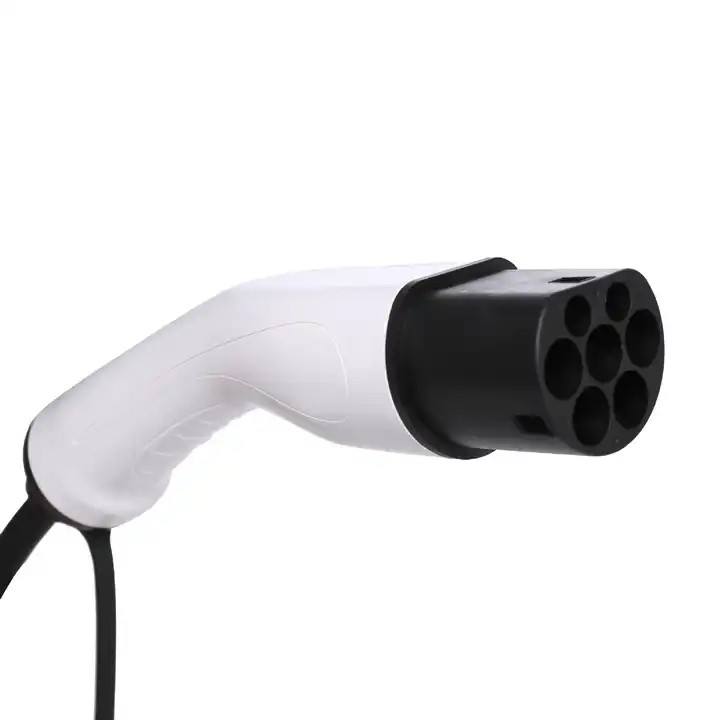
High Voltage Cables in Harsh Maintenance Conditions
Environmental Exposure in Service Bays
Technicians often work in bays where oil, heat, and vibration affect wiring. Low-grade cables fail early, leading to repeated replacements. Durable high voltage cables with flame-retardant and moisture-resistant jackets improve reliability.
Maintenance Costs for Fleet Operators
Large EV fleets—taxis, buses, or delivery vans—need predictable maintenance. Every cable failure means downtime. Investing in durable EV cables reduces total cost of ownership and prevents sudden failures during operations.
Customer Trust in EV After-Sales Service
For car brands, reliability extends beyond the showroom. EV drivers expect long service life. Using durable high voltage cables ensures consistent quality in post-sale repairs and increases brand trust.
How Durable EV Cables Deliver Safety ?
Advanced Insulation Technology
Durable automotive high-voltage cables feature cross-linked polyethylene or silicone insulation. These materials can withstand extreme temperatures. Studies have shown that cables with upgraded insulation can last 30% longer under load.
Enhanced Shielding for EMI Protection
EV electronics rely on stable signals. High voltage cables with double shielding reduce electromagnetic interference (EMI) by 40%. This ensures accurate diagnostics during maintenance and smoother controller communication.
Longer Lifecycle in Real Service Data
According to field reports from fleet operators, durable EV cables reduce replacement frequency by up to 45%. This directly improves maintenance efficiency and lowers operating cost.
Standardization Across EV Platforms
Modern high voltage cables are designed for modular systems. A single cable type may serve multiple EV models. This reduces spare part stock for workshops and simplifies repairs.
Why Maintenance Teams Trust Durable EV Cables
Safety First: High dielectric strength prevents accidents.
Faster Repairs: Standardized cables speed up diagnostics.
Cost Savings: Lower replacement needs reduce expenses.
Compliance Ready: Meets ISO, IEC, and UL rules.
Future Proof: Supports higher battery voltages in next-gen EVs.
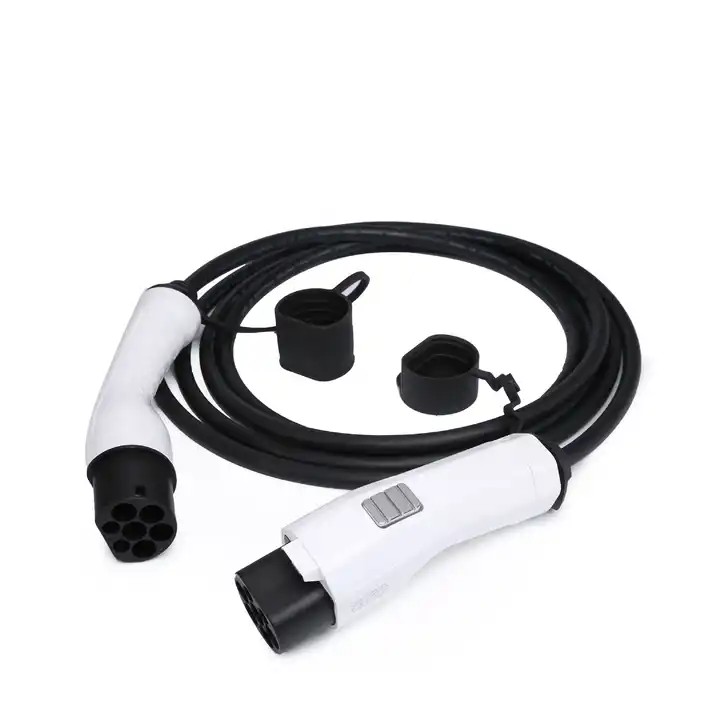
Industry Use Cases of Durable High Voltage Cables
Fleet Management Companies
Urban bus operators rely on automotive high voltage cables to minimize service interruptions. Durable wiring ensures buses meet daily schedules.
EV Dealerships and Service Centers
Dealerships enhance customer loyalty by offering reliable repairs. Using durable cables lowers warranty claims and builds trust.
Component OEMs
Cable OEMs provide standardized, durable products to EV manufacturers. This integration strengthens brand positioning in the EV supply chain.
Conclusion
Durable high voltage cables are critical to EV maintenance, offering safety, compliance, and efficiency. They protect technicians, reduce fleet downtime, and extend vehicle life. As EV adoption grows, service centers and OEMs cannot ignore cable quality. Just as electronics rely on lead-free compliance, EV systems rely on durable wiring for reliability.
For businesses seeking dependable solutions, explore our product or consult the guide Investing in durable EV cables today ensures a safer, greener tomorrow.


